Rabbi Nicole Fix (RRC ’23) is using avant-garde musical theater to bring the Talmud to the stage — and sound a warning on the dangers of present-day extremism. Chloe Zelkha, a fourth-year RRC student, is building community for young adults grieving the loss of a parent, partner, sibling or close friend.
While the two projects might at first glance sound dissimilar, they share much in common. Both engage with young Jewish adults who may lack meaningful connections or are underserved by Jewish institutions. And both projects represent a conscious effort to Reconstruct an aspect of Jewish life so that it meets the needs of the moment.
The projects have been made possible by Reconstructing Judaism’s Auerbach Launch Grant, created in 2016 to invest in innovative projects that spur new expressions of Jewish community. The grant has funded communities serving empty-nesters and young, queer folks; an arts beit midrash; new podcasts; and a number of other projects. Current RRC students and recent graduates are eligible to apply for the grant.
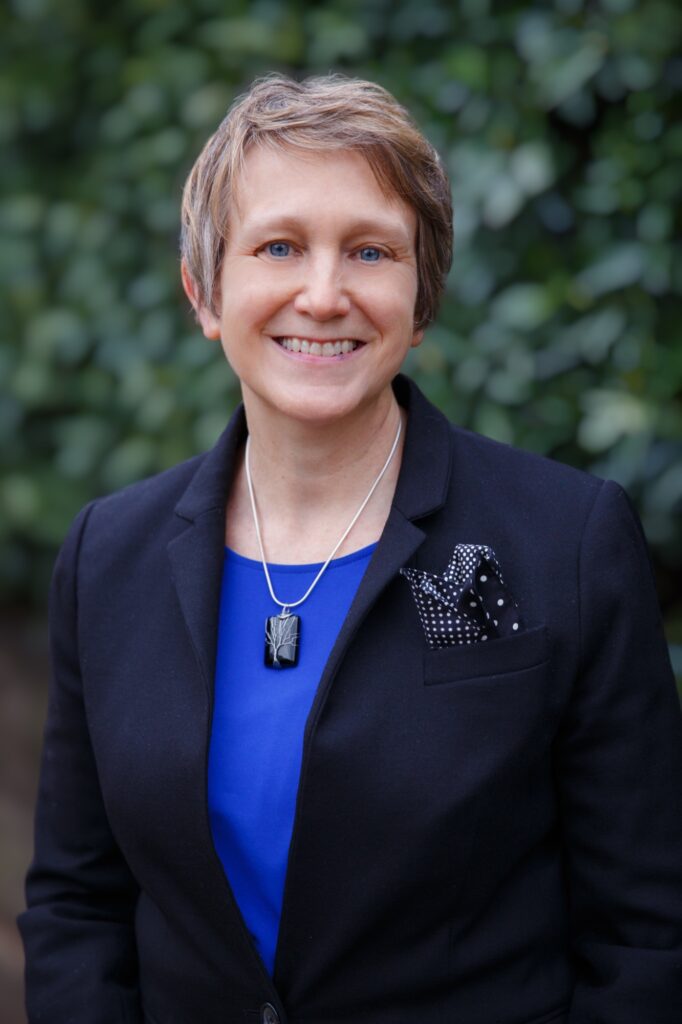
“At RRC, we believe in the power of innovation and entrepreneurship, and in our new and future rabbis,” said Cyd Weissman, Reconstructing Judaism’s vice president for innovation and engagement. (RRC is part of Reconstructing Judaism.) “If you’re an RRC student and you’ve got an idea to change the Jewish world, we want to equip you with the tools and processes to make it happen. This grant was conceived and funded by a Reconstructionist rabbi who believes that religious leaders can’t be afraid to try and fail, so long as they learn from the misses.”
The Launch Grant that Fix and Zelkha received is structured as an $18,000 2:1 match, requiring recipients to learn the art of fundraising and raise $9,000 on their own to receive the full amount. Reconstructing Judaism also awards $1,500 Ignition grants. These are essentially starter grants where Reconstructionist rabbinical students and rabbis can test an idea and learn from it before tackling something larger.
As it happens, both Fix and Zelkha received an Ignition Grant before being awarded a Launch Grant. Each grant encourages recipients to develop an entrepreneurial mindset: test, learn and try again.
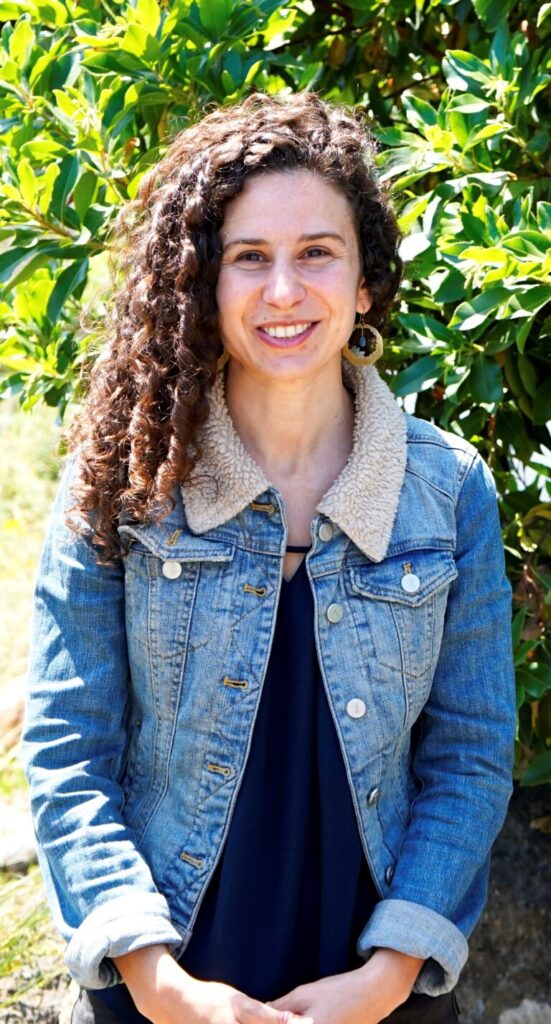
Rabbi David Kominsky, a rabbinic entrepreneur, member of Reconstructing Judaism’s board of governors and a 2004 RRC graduate, brought this project forward. Kominsky’s great-grandmother, Beatrice Fox Auerbach, had, during her lifetime, bequeathed funds to bolster Jewish life. Kominsky decided to use some of those funds to launch the Auerbach grants, which he says offer emergent religious leaders the chance to learn valuable skills in a relatively low-risk situation.
“My view of Reconstructionist Judaism is that it is about a conscious evolution of Judaism, and the purest form of this is an entrepreneurial outlook,” said Kominsky.
“It is trying new things and seeing what sticks. Our grant recipients have the least invested in the older models and are doing the most creative thinking of what new models might look like. Giving them the funding to play with those ideas in real world setting is exactly how we evolve Judaism,” said Kominsky.
The Rabbinic Arts Company
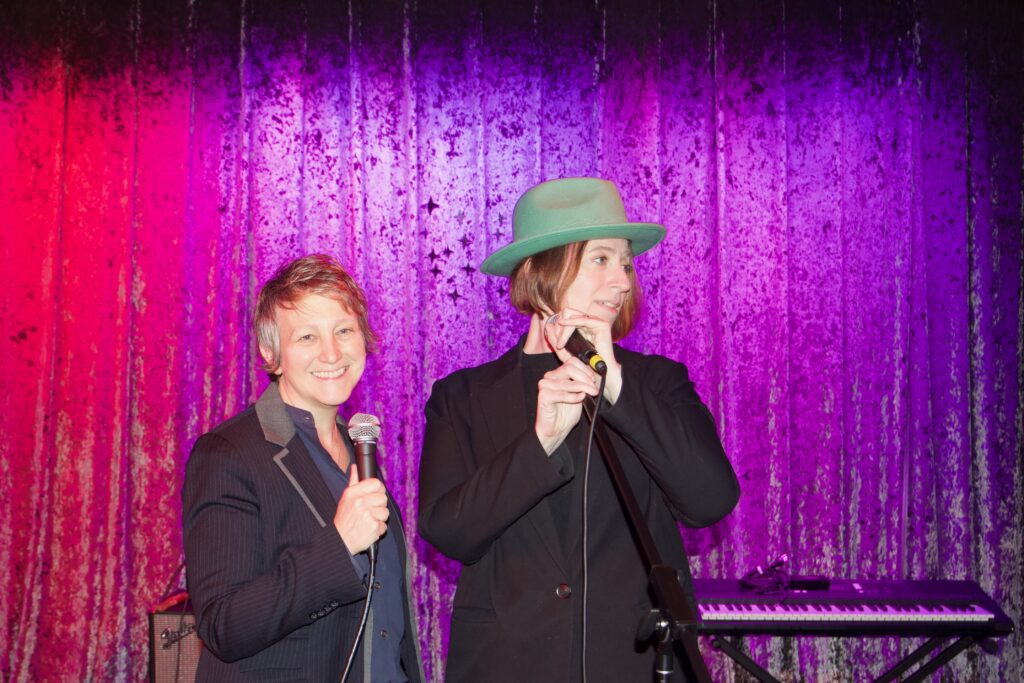
With help from the Auerbach grant, Fix and her wife, Rabbi Bronwen Mullin, co-founded the Rabbinic Arts Company to fuse their two great passions and to mine Jewish texts as material for contemporary theater. She is creating a space where theater and performance artists, as well as writers, who might not be engaged in established Jewish spaces can experience authentic and nourishing Jewish community.
The Rabbinic Arts Company highlights the work of female-identified and non-binary artists because of the lack of opportunities to showcase their work.
“What if we created a temple outside the synagogue, one that looks radically different, one that offered opportunities for spiritual fulfillment, community, and a connection to our ancestral and historical past?” wrote Fix in her grant application.
At RRC, we believe in the power of innovation and entrepreneurship, and in our new and future rabbis.
Cyd Weissman
For its first performance, the Rabbinic Arts Company is staging The Oven of Aknai. It is based on the Talmudic story (Baba Matzia, 59b) that starts with a legalistic debate over the purity of an oven and ends with an uncontrollable conflagration engulfing the world. The story is an allegory for contemporary political discord, particularly within Jewish communities after Oct. 7, said Fix.
Fix and Mullin, who has an extensive theater and opera background, have cast six actors and will be doing workshop performances from May 7‒9. (If you’re going to be in the Philadelphia area, tickets can be purchased here.)
Long term, Fix and Mullin’s hope is to create a performance space, Jewish text study and arts community center in the Catskill Mountains region of New York.
“With this engagement with Talmud through theater, we want people to think more deeply and more critically,” said Mullin. “What I’m interested in is having Jews explore what a genuine Jewish art form could be.”
Fix noted that the Auerbach grant has supported a preview year, including the workshop of “The Oven of Aknai,” and cohort training and residencies for Rabbinic Arts Fellows.
“In addition to supporting these real-time programs, this award gives us a stamp of legitimacy that has already qualified us to apply to other funders,” said Fix. “This essential funding at a critical and experimental stage in the company’s development has effectively made it possible for us to take chances, and assess what works and what needs adjustment, as we continue to build up the Rabbinic Arts Company. I’m incredibly thankful for the Auerbach award, and for the ongoing support and encouragement I receive from my mentors and colleagues at Reconstructing Judaism.”
From Isolation to Connection
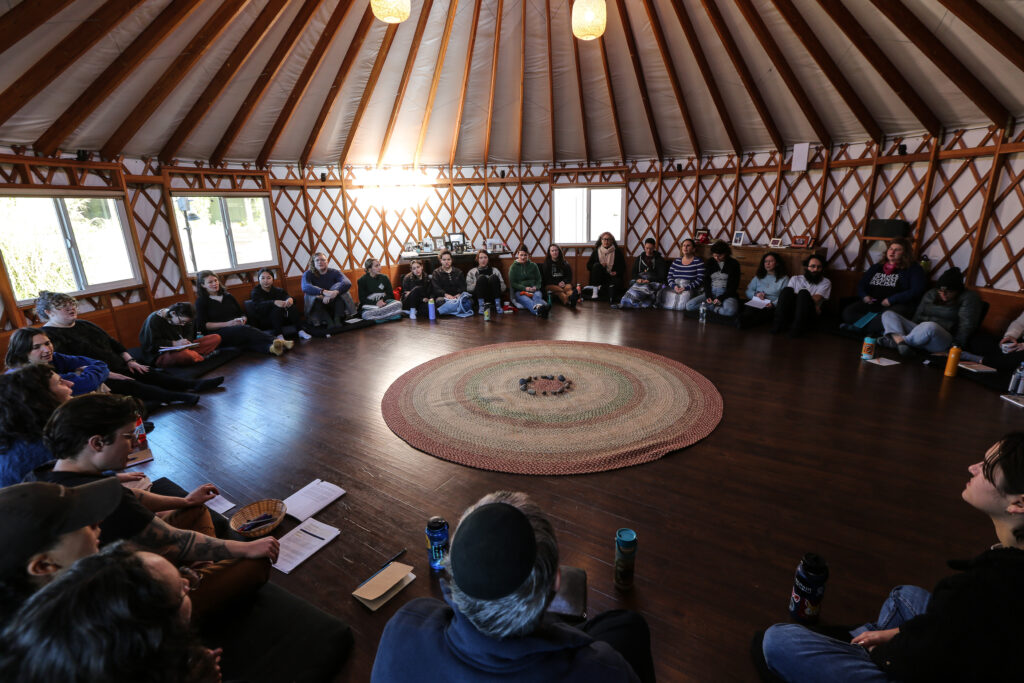
Seven years ago, Zelkha’s father died suddenly. She was just 26 years old. None of her closest friends had experienced a similar loss. Though she was connected Jewishly, she struggled to find Jewish avenues to process her grief. She found few, if any, groups directed at her age cohort. She didn’t feel at home in established settings, where participants tended to be much older. (Check out Chloe Zelkha’s website.)
“Grieving is difficult at any age, and young-adult grief is particularly underserved and disenfranchised right now,” said Zelkha while holding her 8-month-old-son, Akiva, during a recent interview.
While working for Urban Adamah — the Jewish organic farm and education center in Berkley, Calif. — Zelkha first organized grief retreats for young adults. With a focus on building community and informality, she found that retreats offered a different modality for young adults to grapple with grief. Even as she began rabbinical school, she held onto this insight.
Last year, Zelkha received a $1,500 Ignition Grant to create a workbook “Being with Grief,” which so far has sold some 370 copies. With the Launch Grant, she organized a three-day Jewish grief retreat at Urban Adamah, co-sponsored by The Shomer Collective, which was attended by more than 30 people. Many participants traveled from outside California, indicating a desire for retreats in other locales. To run the retreat, she partnered with Noah Cochran (they/them), a therapist based at Smith College in Massachusetts.
Grieving is difficult at any age, and young-adult grief is particularly underserved and disenfranchised right now.
Chloe Zeilkha
Together, participants engaged in ritual, learning, reflection, sharing, rest and play. They shared objects that served as reminders of lost loved ones, celebrated Shabbat, created a magazine, and held a talent show and a dance party.
“It’s a space that I wanted to see in the world. When my grief was fresh, I wanted to feel connected and instead felt so isolated,” she said. “Working on this has definitely helped me metabolize some of the loss and feel connected to my dad anew.”
Now, Zelkha, who is also a fellow in the Fellowship for Rabbinic Entrepreneurs through Atra: Center for Rabbinic Innovation, is running a post-program pilot for local participants and evaluating the retreat.
The big question: Can this model be scaled? To explore it, Zelkha has had more than 50 conversations with entrepreneurs and thought leaders. In fact, her late father, Eli Zelkha, was an entrepreneur, adding a layer of resonance to her research.
“We need Jewish spaces that can ground grief in meaningful Jewish frameworks and speak to unaffiliated and underserved people,” Zelkha wrote in her grant application.
Receiving the Auerbach Launch Grant, she said, represented a major step in creating and sustaining such a space.
“This grant allowed us to not only run a meaningful retreat, but to thoroughly document it, evaluate it, connect with partner organizations, ideate on our model and launch a post-program pilot,” she said. “It has been an invitation to experiment and be creative in building new opportunities for Jewish connection, and I’m so grateful.”
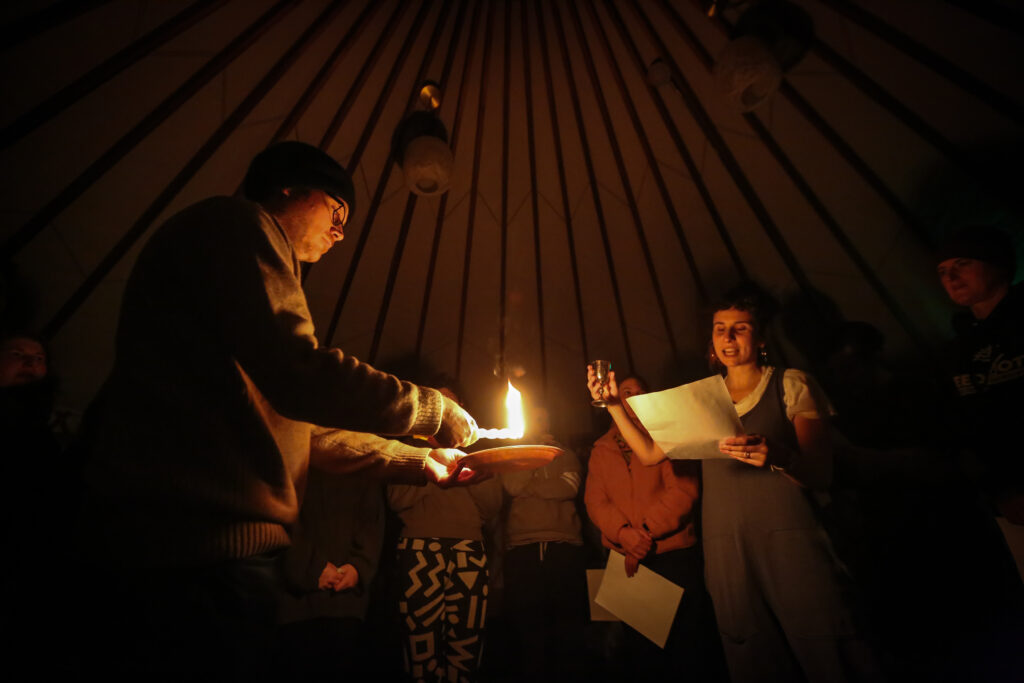
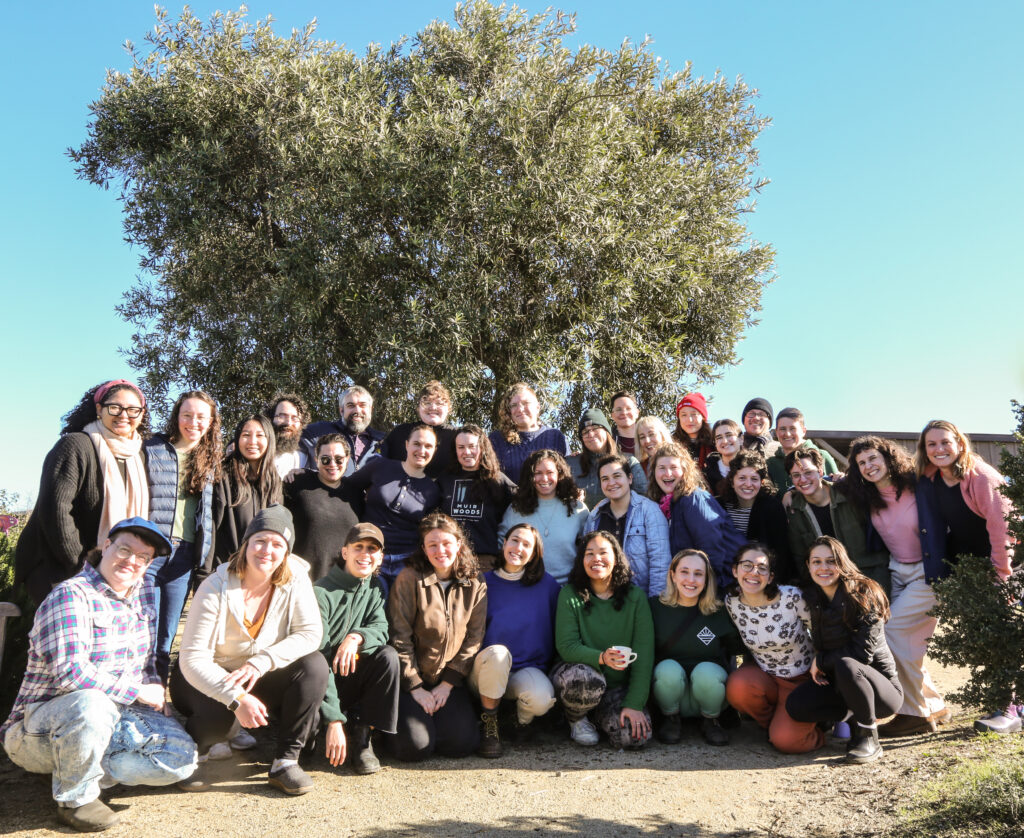
Read an earlier story about the Auerbach Grant.
Listen to Cyd Weissman talk about entrepreneurism on the Evolve podcast.
Learn how the Auerbach Grant helped launch a new Jewish community.





